The Finance and Interior Ministers have released an ordinance on December 11 over the collection of the population’s contribution to 2020 elections. A corruption watchdog describes the measure as illegal.
The contributions to the 2020 electoral process are classified into three categories namely non-salaried citizens who live on agriculture and breeding and simple trades, civil servants as well as employees from private companies, NGOs, religious denominations, non-profit organizations, reads the
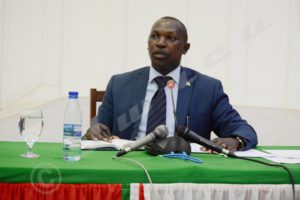
Pascal Barandagiye, Burundi Minister of Interior “Contribution to 2020 elections concerns all Burundians…”
ordinance of December 11 issued by both Minister of the Interior, Pascal Barandagiye and Minister of Finance Domitien Ndihokubwayo.
For ordinary citizens, each family will have to
contribute BIF 2,000 per year and BIF1, 000 for pupils and students of voting age each year.
As for state employees, those who receive a salary that does not exceed BIF 50, 000 will pay a contribution of BIF 500 per month, those whose salary is between 50,001 and BIF 100,000 will contribute BIF 1000 per month, those whose salary varies between BIF 100,001 and 200,000, will contribute more than BIF 2000. State employees who receive a salary between BIF 200,001 and 500,000 will pay a contribution of more than BIF 5000 per month while those who receive BIF 500,001 and 1000,000 will pay BIF 30,000 per month. Those whose salary exceeds 1 million will pay 1 month salary per year.
The Minister of the Interior, Pascal Barandagiye, says that employees of NGOs, private companies, non-profit associations will contribute according to their wishes. “They will pay their contribution on an account open at the National Bank. Then, they will bring payslips to the Ministry of the Interior,” says Barandagiye.
According to Barandagiye, the contribution is voluntary. However, he states that whoever does not want to pay their contribution will write a letter to the Minister of the Interior explaining the reasons for his inability to do so. “I take this opportunity to ask Burundians to respond massively to this appeal to contribute to the smooth running of 2020 elections,” said Barandagiye.
This contribution is against the law
Gabriel Rufyiri, Chairman of a local corruption watchdog OLUCOME, speaks of an illegal measure. For him, the money collected outside the finance law is a violation of the law. Rufyiri calls on the population not to pay that contribution.
According to the 2017 budget law, the government has planned more than BIF 7 billion for the preparation of the elections. “The 2018 budget law also provides for BIF 7 billion for the 2020 electoral process. What will these people’s contributions be used for? ,” Rufyiri wonders.
Barandagiye says the contribution to 2020 elections is in accordance with Article 71 of the Constitution, which appeals to all Burundians to contribute to the promotion of democracy.
“The contribution to the elections also comes to implement the requests and suggestions of Burundians during the dialogue sessions organized by the National Commission for the inter-Burundian dialogue (CNDI),” he says. For him, Burundians should not rely on the foreigners ‘aid.
In 2015, foreign partners who had agreed to finance the elections withdrew their support one week before the 2015 elections took place, saying that the conditions were not conducive to free, fair transparent and inclusive elections.


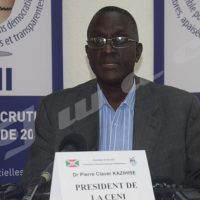
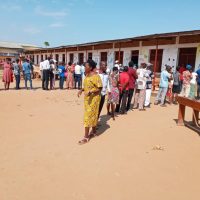
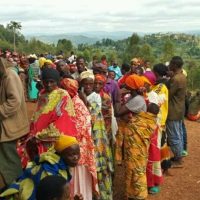
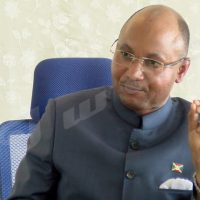













 IWACU Open Data
IWACU Open Data

